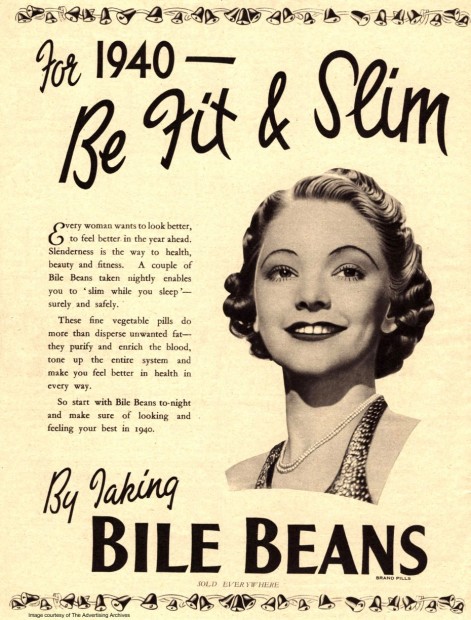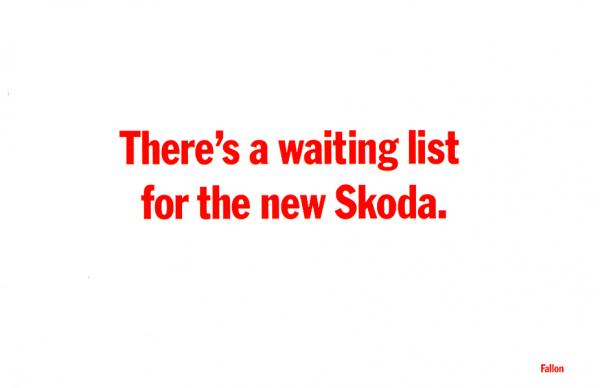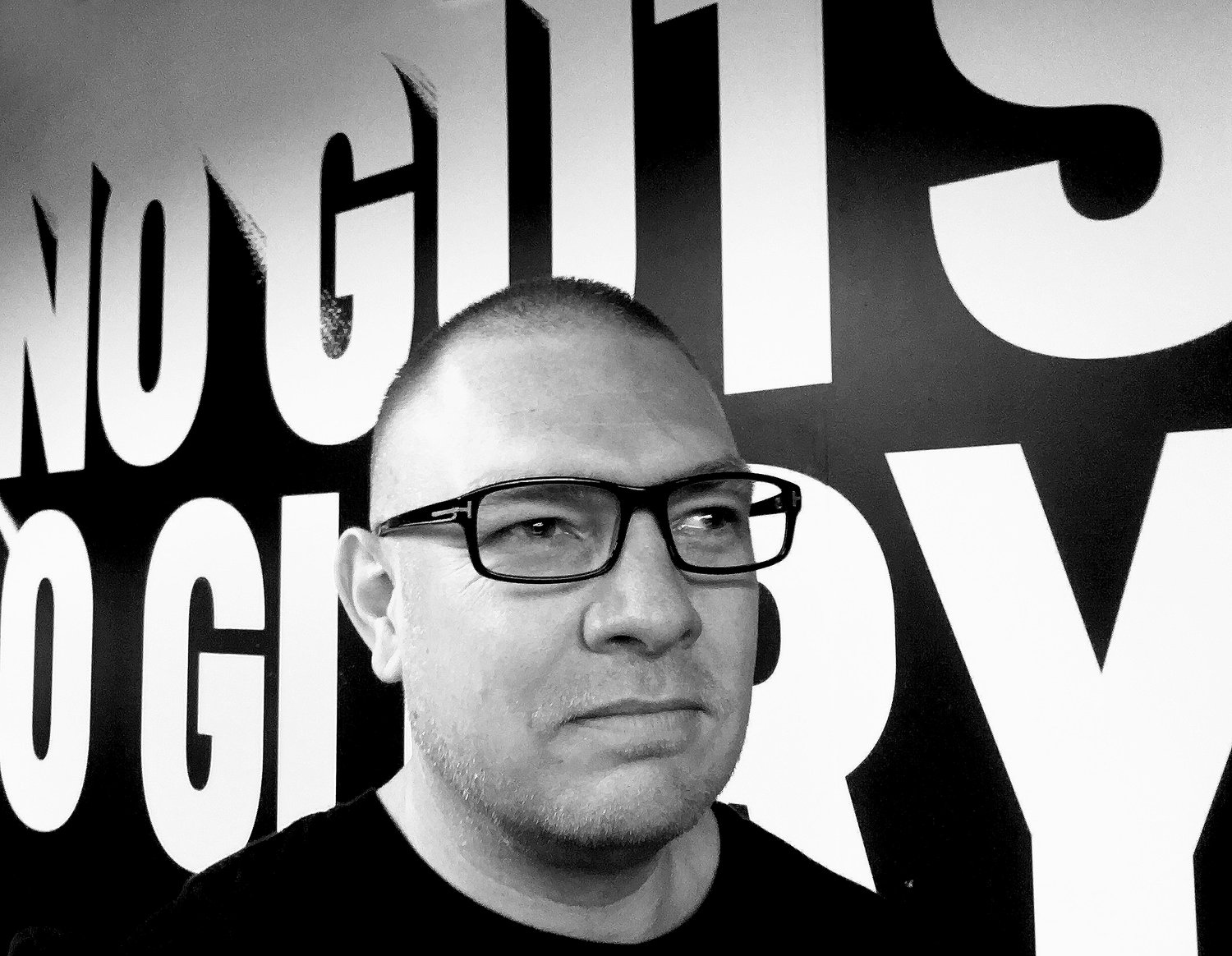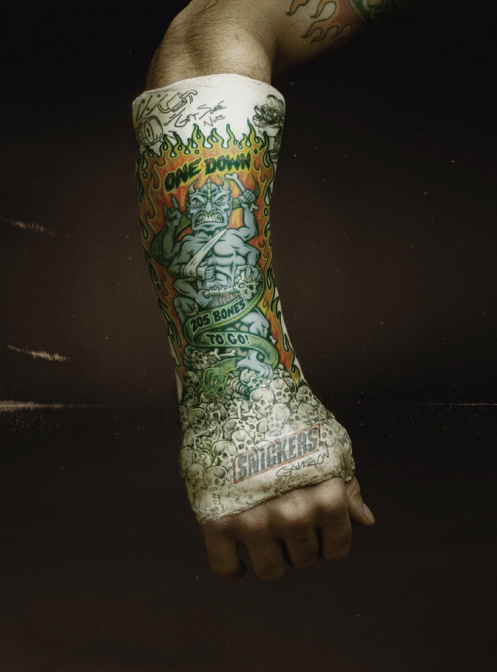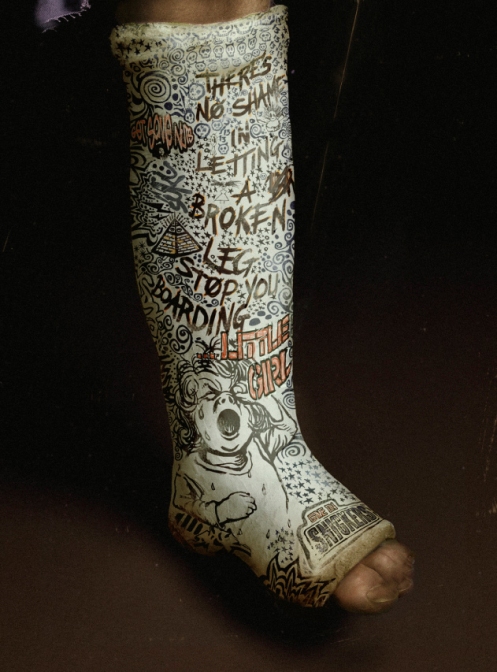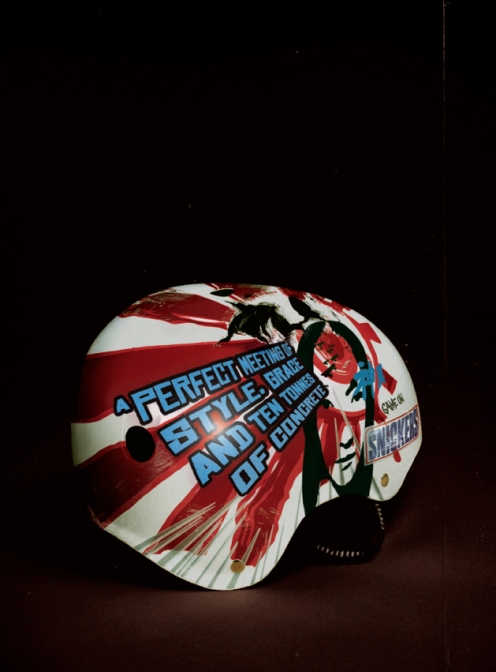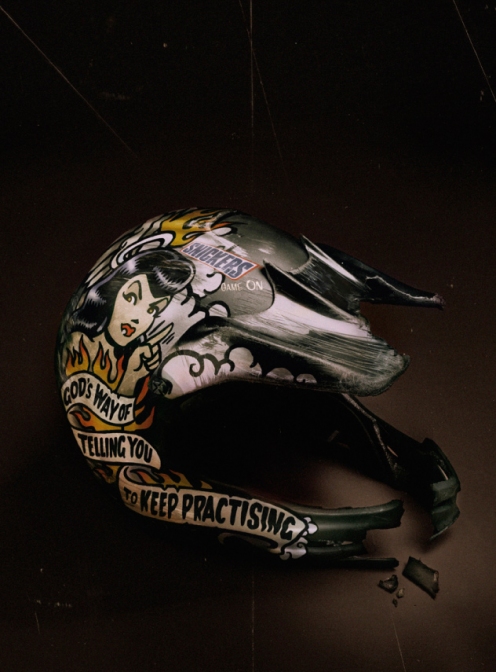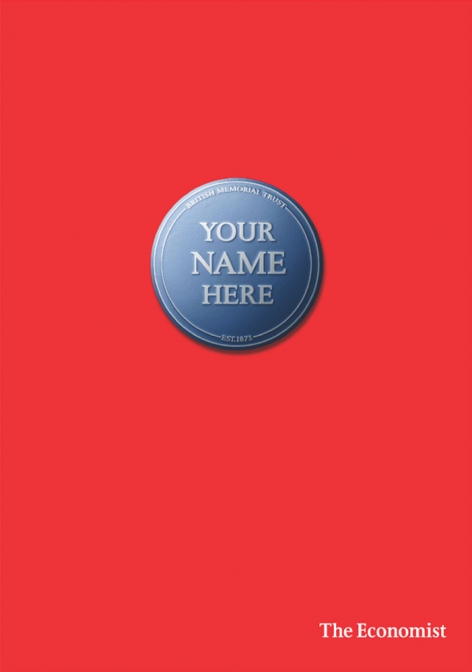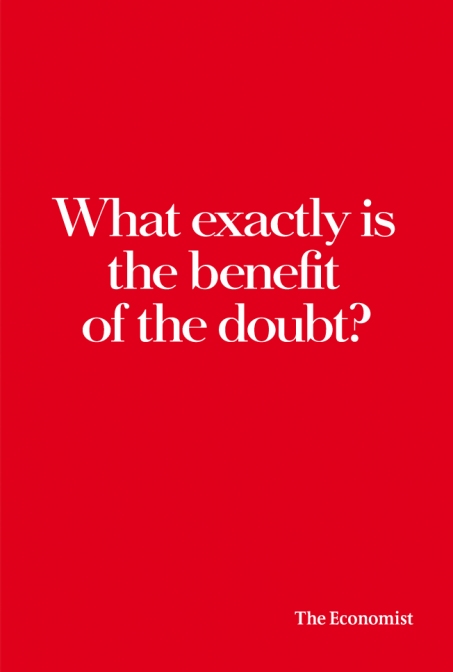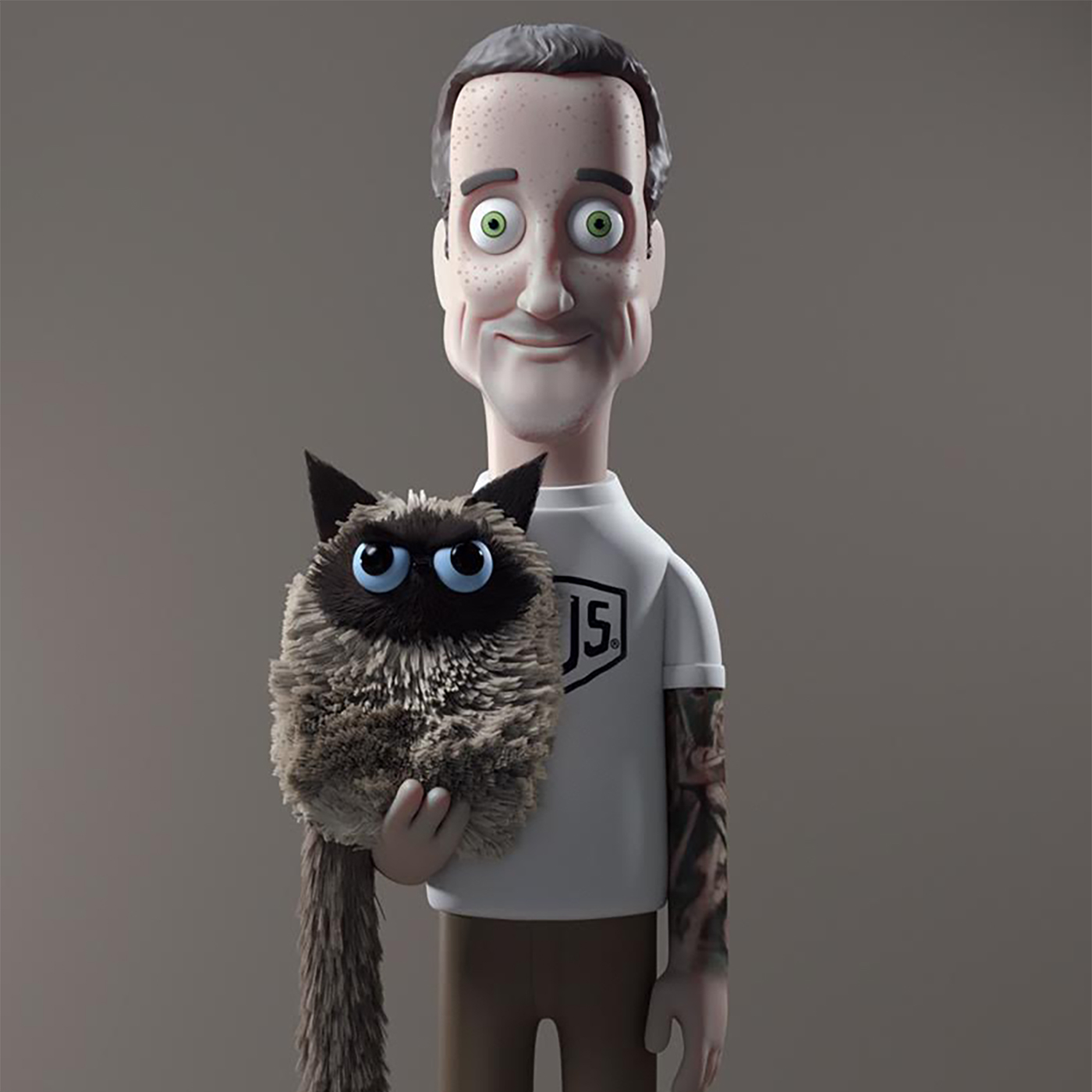regeneration over sustainability.
A few weeks ago my wife and I popped up to Ventura, home of the ethical outdoor clothing company, Patagonia.
We soon found their receptionist/cultural ambassador/surf teacher, an amazing man called Chipper Bro (really).
We discussed many things, but one concept was so blindingly obvious that it made me wonder why it wasn’t more widespread:
True environmental responsibility isn’t about sustainability; it’s about regeneration.
Chipper meant that we shouldn’t be keeping things as they are (sustaining); we should be regenerating the world as it used to be and needs to be to ensure its future existence. We don’t just need to stop the inexorable overuse of the globe’s resources; we need to reverse it.
Funny, because the words ‘sustainable’ and ‘sustainability’ are the ones you’ll hear all over the environmental conversation. But as this article (shit! It’a from 2013) says, they’ve been stretched to meaninglessness. And what has a commitment to sustainability got us? Are we in a good place, heading back towards a beautiful planet with enough resources for everyone, surrounded by a consistent, workable climate?
Nope.
As Jaques Peretti explains in this fascinating episode of Russell Brand’s Under The Skin Podcast, scientists have worked out that we may only have 60 harvests left:
That’s because soil needs time to regenerate its nutrients, but we just aren’t giving it the chance to do that. Instead we’re growing far more food than we need (and throwing away 1.3 billion tonnes of it, a third of which never even reaches our tables. Find out all about that here).
So we can’t just sustain. We must regenerate.
And that’s not just an environmental message. It’s something that applies to all sorts of areas of life: don’t just work; make sure you’re giving back some education or mentoring for the next generation. Don’t just call a friend to see how they are; ask how you can help or support them in whatever they’re trying to do. Don’t keep your books on a dusty shelf; spread them around to people who can learn from them.
The only way to go forwards is to go backwards.
Start here.
